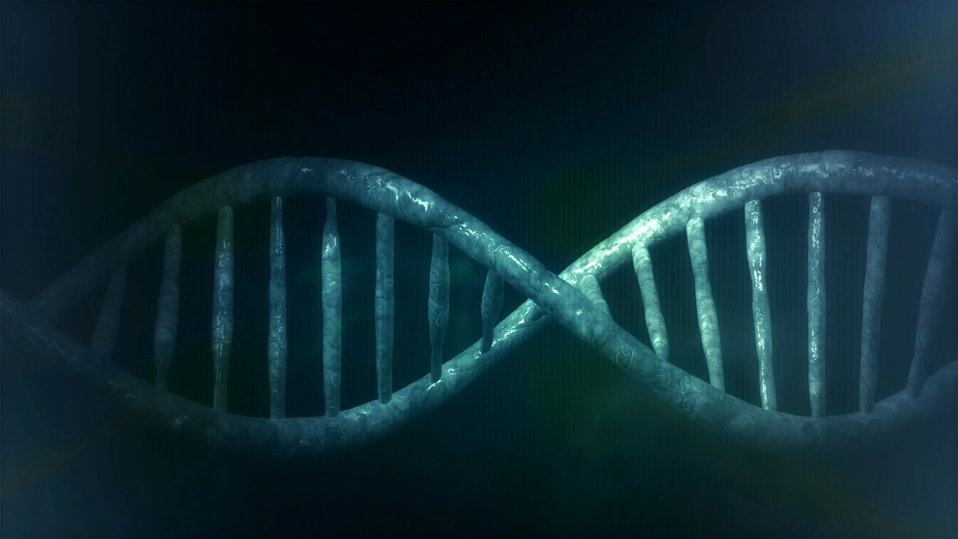
The module aims to provide students with a general understanding and curiosity about biology with a balance of plant biology, animal biology and microbiology. This involves an understanding of the diversity, lifecycles and evolution of life on Earth, together with the biological processes that enable organisms to live, sense and adapt to the ecosystems that they inhabit. It will develop an appreciation of the relevance of sustainability to all aspects of scientific developments relating to biological sciences.
Module aims
The aims of the module are:
- To ensure that students obtain a broad understanding of basic concepts and terminology relating to the biology of living organisms and the ecosystems they inhabit
- To enable students to develop their knowledge and understanding by conducting practical experiments
- To enable students to describe, explain and analyse at the entry level fundamental concepts relating to biology of plants, animals and microbes in an exam situation
- To enhance students' knowledge of and interest in biology by preparing them for undergraduate study of the subject.
Learning outcomes
On successful completion of the module a student will be able to:
1. Demonstrate knowledge of the fundamental principles of biology of plants, animals and microbes;
2. Synthesize, interpret and present biological information from a range of sources;
3. Record, analyse, interpret and present scientific data relating to biological sciences;
4. Demonstrate understanding and knowledge of the fundamental principles of biology by clearly communicating ideas in writing;
5. Express complex concepts using accurate terminology in an appropriate academic style;
6. Demonstrate competence in (a) the analysis and interpretation of data and (b) written and verbal communication of experimental results.
Syllabus
Biodiversity
Exchange and transport
Cells
Ecosystems
Control systems
Genetics and evolution
Biological molecules
Energy for biological processes
- Module Supervisor: Caroline Anderson